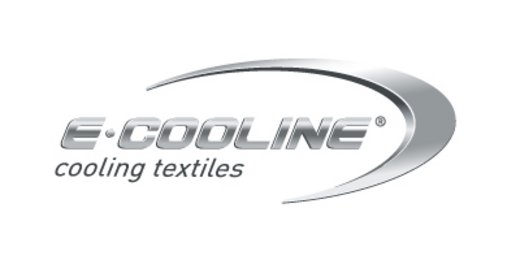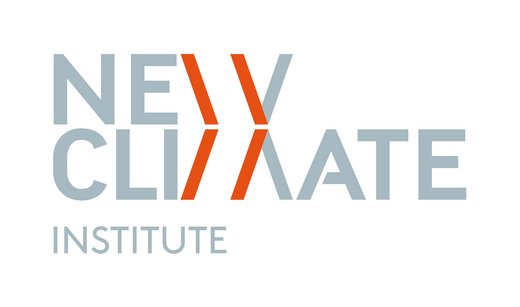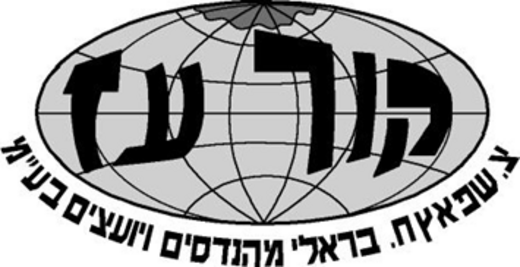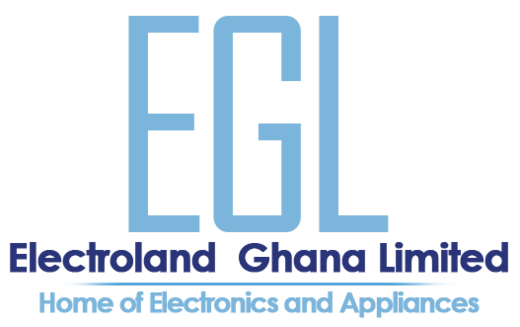Search
Search form and result list
Results 11 to 20 of 880
Best practice CO2 systems for supermarkets and hotels in Southern Europe - MultiPACK
MultiPACK aims at demonstrating the performance and efficiency of the next generation of standardised integrated cooling and heating packages for commercial and public buildings based on environment-friendly carbon dioxide …

Best practice Cooling blanket for healthy sleep
According to a survey by a health insurance company in Germany, one in three people has trouble sleeping in summer temperatures. This poses a threat to health, concentration and performance.That's why the new, actively cooling E.COOLINE blanket now helps you to get a restful night's sleep - even when there are heat records. The soft material fits softly against the body, allowing you a healthy night's rest wherever you are. In addition, the cooling textiles are hygienic, antibacterial and washable. No external energy source or refrigerator is needed for cooling. This means that the products cool CO2-free and thus not only protect peoples health, but also protect the climate and your wallet. Cooling curtains and room dividers will also be available soon. This makes it possible to cool rooms in an environmentally friendly way with the COOLINE SX3 green cooling technology. …

Member Bureau National Ozone Sénégal
As part of the Directorate of the Environment and Classified Establishments of the Ministry of Environment and Sustainable Development of the Republic of Senegal, the National Ozone Unit (NOU) is responsible for the political implementation of the commitments set out in the Montreal Protocol. With concrete measures, the NOU aims to fulfil Senegal’s obligations under the Montreal Protocol. These measures include the implementation of regulations on the consumption of ozone depleting substances (ODS) as well as the training of refrigeration and air-conditioning (RAC) technicians and custom officers. Further, Senegal raises public awareness on the impact of the RAC sector and its innovations. The latter include more energy-efficient appliances based on natural refrigerants which Senegal supports through e.g. Minimum Energy Performance Standards. More information: https://www.facebook.com/101290184674551/posts/338360770967490/ …

Member NewClimate Institute
NewClimate Institute for Climate Policy and Global Sustainability generates ideas on climate change and drives their implementation. We raise ambition for action against climate change and support sustainable development through research, policy design and knowledge sharing. NewClimate Institute supports research and implementation of action against climate change around the globe. We generate and share knowledge on international climate negotiations, tracking climate action, climate and development, climate finance and carbon market mechanisms. We connect up-to-date research with the real world decision making processes, making it possible to increase ambition in acting against climate change and contribute to finding sustainable and equitable solutions. With our work, we aim to assist key stakeholders, such as policymakers, design national mitigation strategies for their RAC&F sector to meet the increasing ambition levels expected in revised NDCs, and thus align efforts under the two relevant international regimes for the RAC&F sector, the UNFCCC and the Montreal Protocol. …

Member Political Solutions
European-based consultant specialising in political developments impacting the HVAC-R sector. Darcy Nicolle is in charge of the government relations in Europe for Carrier Corporation, a major company manufacturing HVAC-R equipment. Carrier has a long term commitment to finding sustainable cooling solutions. More information: https://www.corporate.carrier.com/corporate-responsibility/our-sustainability-goals/ …

Member Belarusian RAC Association of Microclimate and Cold Industry Enterprises “APIMH”
Belarusian RAC Association of Microclimate and Cold Industry Enterprises “APIMH” was created in 2001. We unite organizations and companies that work in Refrigeration and Air Conditioning sector. Scientific and educational organizations that prepare professionals for the refrigeration industry are in ranks of our members too. The association has set itself the task to improve the conditions for refrigeration industry enterprises in Belarus; the introduction of new standards; improve the quality of products and services; and the training of professionals. An important task of "APIMH" is the preparation of the refrigeration industry for adoption of the standards and regulations of the WTO and EU. In order to protect the domestic market from unfair competition and low-quality products, and increasing the level and efficiency of enterprises, the Association begins the voluntary certification enterprises in Refrigeration and Air Conditioning industry in 2013. Our experts conduct independent technical expertise. They also provide professional advice on application of refrigeration technology and equipment. …

Member KOR AZ Consulting Eng. Ltd.
Refrigeration & HVAC consulting engineering company, for commercial, institiutional and industrial systems. KOR AZ Consulting Eng. Ltd. is a consulting engineering firm, encouraging the use of natural refrigerants, especially ammonia and carbon dioxide, by recommendations to our customers to use these refrigerant for commercial and industrial refrigeration systems. We are explaining the advantages of natural refrigerants, and the limitations of using the HFC refrigerants according to the global and local standards. …

Member Electroland ghana ltd
ELECTROLAND Ghana Limited is the sole distributor of Samsung Electronics, Midea, Toshiba Appliances, ABB electricals and brand owner of NASCO electronics in Ghana. In the field of sustainable refrigeration, ELG offers various refrigerators from Nasco, Midea and Toshiba, all of which use the environmentally friendly refrigerant R600a. With over 15 years of experience in consumer electronics, ELG is committed to bringing the latest technology to your home and enriching the lives of individuals, households, offices and the hospitality industry in Ghana. …
Best practice Safety
Use of appropriate equipment and PPEs when handling natural (HCs) refrigerants. …

Member National Youth Service College Mombasa
Vocational training courses are offered at the NYS schools and at the Technical, Vocational Training Institutes (TVET) under the Kenyan Ministry of Education. The National Youth Service college Mombasa offers technical courses including Refrigeration and air conditioning level 1 and 2 in the following areas: 1. Domestic refrigeration 2. Commercial refrigeration 3. Industrial refrigeration 4. Mobile refrigeration …
